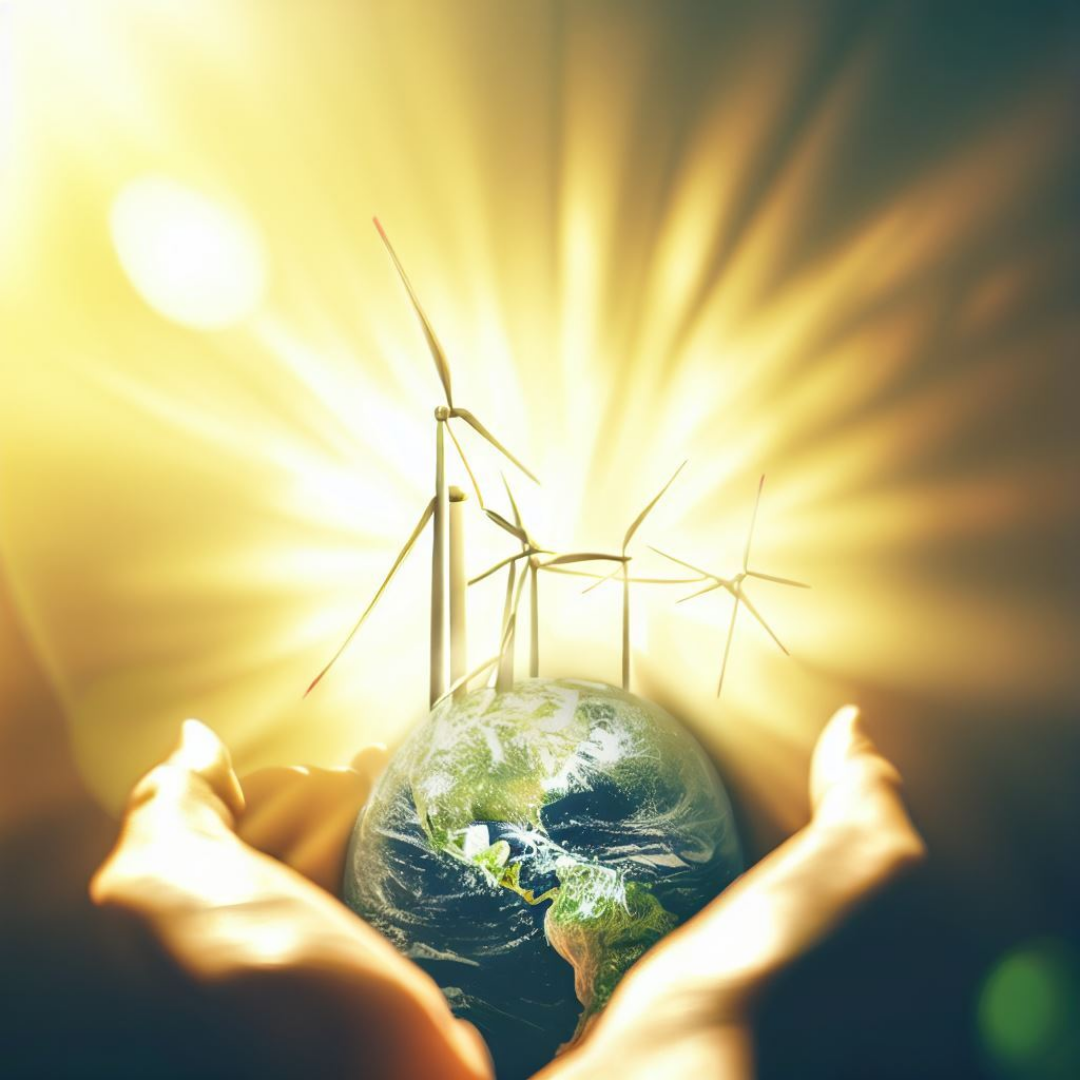In its second annual Energy Compact progress report, UN-Energy has revealed a surge in voluntary commitments aimed at achieving sustainable energy targets by 2030.

In its second annual Energy Compact progress report, UN-Energy has revealed a surge in voluntary commitments aimed at achieving sustainable energy targets by 2030.
These commitments, exceeding a total of USD 1.3 trillion, demonstrate a significant step forward in the pursuit of Sustainable Development Goal 7 (SDG 7), which focuses on ensuring affordable and clean energy access for all.
The report underscores that while the current commitments represent an impressive monetary milestone, an additional investment ranging from USD 22 trillion to USD 48 trillion is required to combat energy poverty effectively and facilitate a transition towards a greener, decarbonized future.
The Energy Compact commitments exhibit a collective ambition to realize SDG 7 through various actions, including improving energy accessibility, augmenting the utilization of renewable energy sources, and enhancing energy efficiency.
Notably, these efforts also contribute to the advancement of several other Sustainable Development Goals, namely SDGs 3 (good health and well-being), 8 (decent work and economic growth), 11 (sustainable cities and communities), and 17 (partnerships for the Goals).
The report highlights a positive trend, particularly in terms of advancing electricity access and expanding installed renewable energy capacity. However, it also points out a relatively slower progress in the transition to clean cooking technologies, underscoring the need for sustained and targeted initiatives in this area.
Among the Energy Compacts submitted by Member States and the private sector, there are 22 commitments to achieve net-zero emissions, each with distinct timelines. Additionally, over 300 partnerships have been forged to support the realization of SDG 7.
The report draws attention to the Energy Compact Action Network, a diverse community of stakeholders with commitments extending beyond 2030, all dedicated to driving an equitable and inclusive transition towards sustainable energy.
In their foreword, UN-Energy Co-Chairs Achim Steiner, Administrator of the UN Development Programme (UNDP), and Damilola Ogunbiyi, Special Representative of the UN Secretary-General for Sustainable Energy for All, described the report as “a clarion call to action, urging Member States, the private sector, and multistakeholder coalitions to go further and faster toward addressing the pressing energy challenges of our time.”
Among the 193 currently registered Energy Compacts, 51 emanate from Member States, 59 originate from the private sector, and 83 are characterized as “catalytic partnerships involving a range of stakeholders,” as outlined in the report.
Produced by UN-Energy with support from Sustainable Energy for All (SEforALL), the report was officially launched on September 15, 2023. A high-level event held on SDG Acceleration Day, September 17, further delved into the pivotal role of Energy Compacts in elevating ambition towards achieving SDG 7. The UN Secretary-General has identified Energy Compacts as one of 12 High Impact Initiatives for the UN development system, rallying support for the SDG Summit.